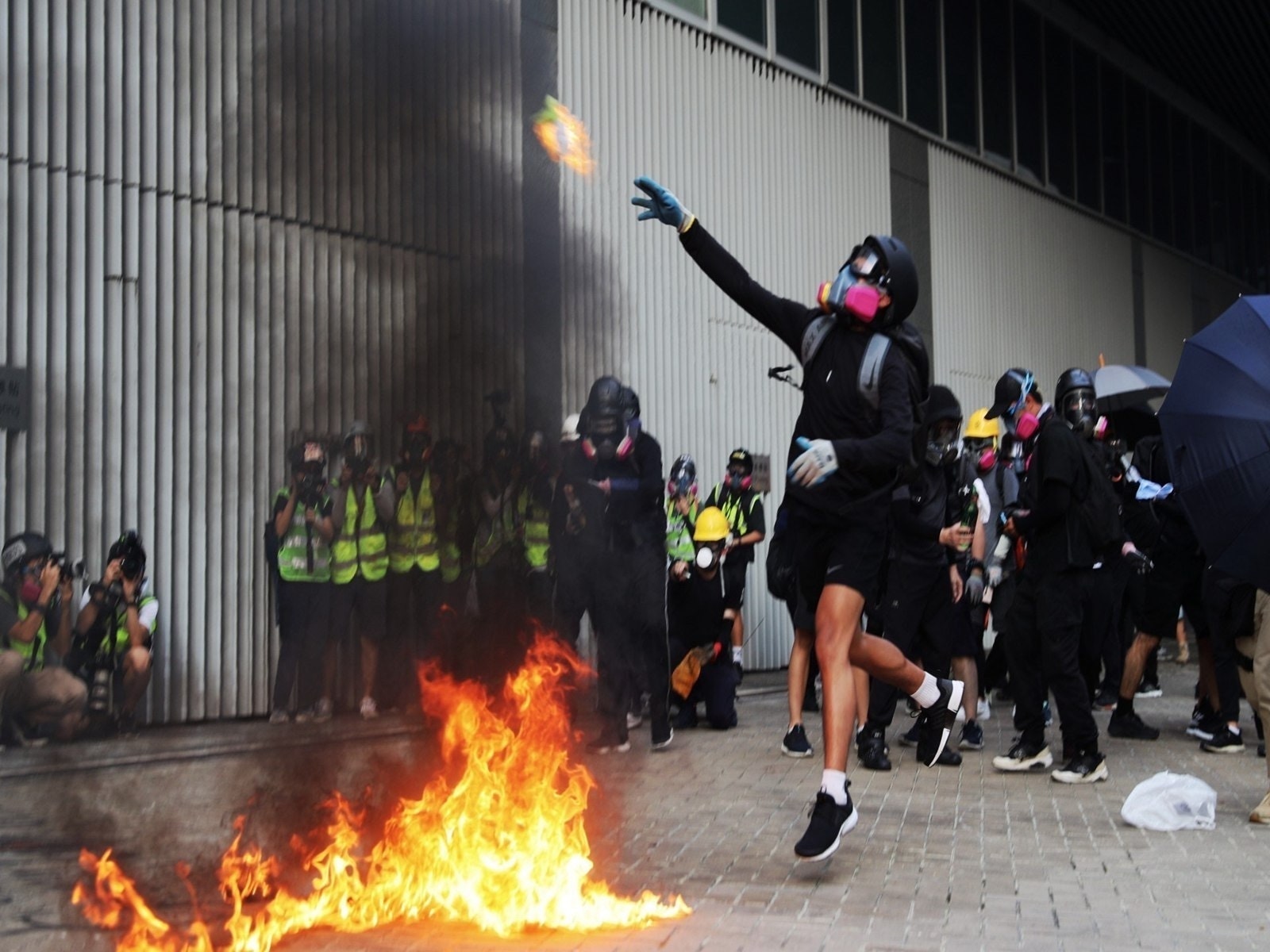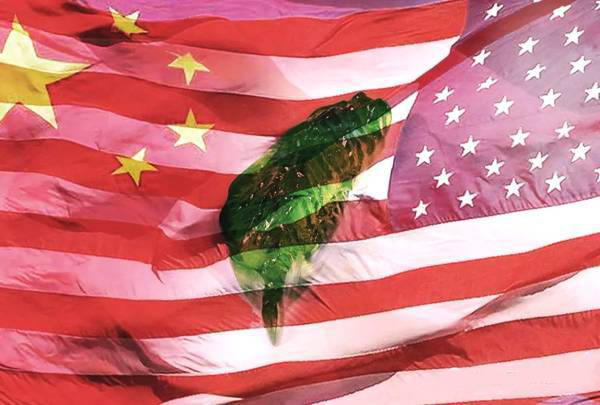Dennis V. Hickey, James F. Morris Endowed Professor of Political Science, Missouri State University
Oct 27, 2020
The rise in US-China frictions has led some Americans to call for an increase in US support for Taiwan—even a return of American military forces. However, basing US troops in Taiwan will unnecessarily complicate an already complex situation and undermine peace and stability in the Taiwan Strait.
Ted Galen Carpenter, Senior Fellow, Randolph Bourne Institute
Sep 22, 2020
Washington is sending an unsubtle message to Beijing that U.S. military support for Taiwan is no longer ambiguous or hesitant.
Yan Yu, Current Affairs Commentator on Taiwan affairs
Sep 18, 2020
Will the United States fight for the island or forsake it? It’s a central question, as a series of statements by Washington hawks and moves in Congress edge toward confrontation. A protracted war is one possible outcome. Loss of U.S. credibility in the Asia-Pacific is another.
Dennis V. Hickey, James F. Morris Endowed Professor of Political Science, Missouri State University
Jul 13, 2020
Among the mounting tensions in the US-China relationship, the Taiwan issue is the only issue that could turn the “war of words” into a true war.
Patrick Mendis, Visiting Professor of Global Affairs, National Chengchi University
Fu-Kuo Liu, Director of the Taiwan Center for Security Studies in Taipei
Jun 05, 2020
The pandemic has deepened the waters in cross-Strait relations. As President Tsai takes office for her second term, US-China-Taiwan relations face new challenges.
Yan Yu, Current Affairs Commentator on Taiwan affairs
May 27, 2020
Taiwan’s re-elected leader masked her Taiwan independence agenda with delicate words, but her meaning was unmistakable. She is moving inexorably toward a separation through incremental steps. Can a crisis be averted?
Chen Pingping, Deputy director of the Research Center for Maritime Economy
Apr 27, 2020
The TAIPEI Act, passed by the U.S. Congress and signed into law by Donald Trump, will not benefit the island. Taiwan is being used as a pawn by the U.S. to gain leverage against Beijing.

Li Huan, Deputy Director at CICIR's Institute of Hong Kong and Macao Studies, and Distinguished Research Fellow, Xiamen University
Nov 28, 2019
The United States Congress recently passed the Hong Kong Human Rights and Democracy Act of 2019, and President Donald Trump signed it into law. It is a major de facto amendment of the United States-Hong Kong Policy Act of 1992 and the first U.S. domestic law concerning the region since Hong Kong’s return to China.

Dennis V. Hickey, James F. Morris Endowed Professor of Political Science, Missouri State University
Nov 06, 2019
History shows that when necessary, Washington will sacrifice Taiwan’s interests in order to achieve US foreign policy goals. Today, Taiwan might find itself as collateral damage in the US-China trade war.
Back to Top

- China-US Focus builds trust and understanding between the U.S. and China through open dialogue among thought leaders.
- Our Offerings
- Topics
- Videos
- Podcasts
- Columnists
- Research Reports
- Focus Digest
- Stay Connected
-
Thanks for signing up!
- Get the latest stories from China-US Focus weekly.